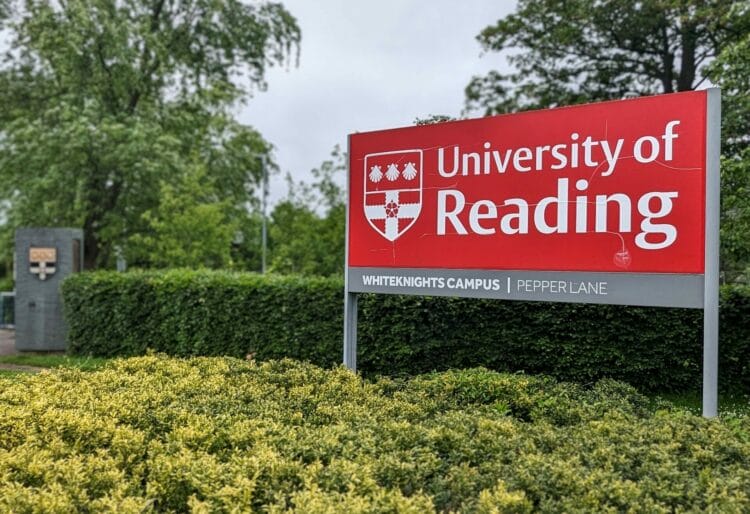THE UNIVERSITY of Reading is aiming to empower consumers and promote sustainable food choices with new research into a waste reduction initiative.
It has teamed up with Mimica, which develops innovative labels to indicate freshness on food packaging, for a new project.
Funded by the European Union and EIT Food, the project is designed to address “critical” challenges in the food industry and allow consumers to better judge food freshness and reduce waste.
It will focus in measuring the impact of the food labels created by Mimica, which has developed a ‘Bump Tag’ for food packaging.
The tag features a temperature sensitive layer which dynamically adjusts to food storage conditions, creating a tactile label which provides a real-time, intuitive way of gauging food freshness.
It allows manufacturers to extend food expiry dates, reducing home food waste by as much as 63%, and retail waste by around half.
This 18-month project brings together expertise from Mimica itself, the ABP Food Group, and the university to deliver sustainability and social impact benefits.
The research conducted at the university will play a significant role in understanding consumer behaviour and validating the effectiveness of the Bump Tag technology.
Dr Rachel McCloy, lead researcher from the University of Reading, said: “Our role in this project is really important in understanding how new technologies can support consumer decisions.
“We’re excited to be contributing to this research, which aims to help significantly reduce food waste across Europe.
“Ultimately, we want to see innovations like this contribute to a more sustainable food system.”
She explained: “This project is a really good example of how committed we are to applying what we know from academic research to help solve real-world challenges.
“By working alongside innovative companies like Mimica, we can help develop solutions that support consumers in making choices that are good for the environment and their pocket.”
Solveiga Pakštaitė, Mimica’s founder and director, said: “Bump helps print longer expiry dates by considering realistic storage conditions, rather than the worst-case scenarios used by the current expiry date system.
“We already know it offers significant economic and sustainability benefits for producers, but consumer support is essential for its success.
“This project will not only deliver our food waste saving technology into the meat and fish industries but also measure how well it helps people make more sustainable food choices.”























